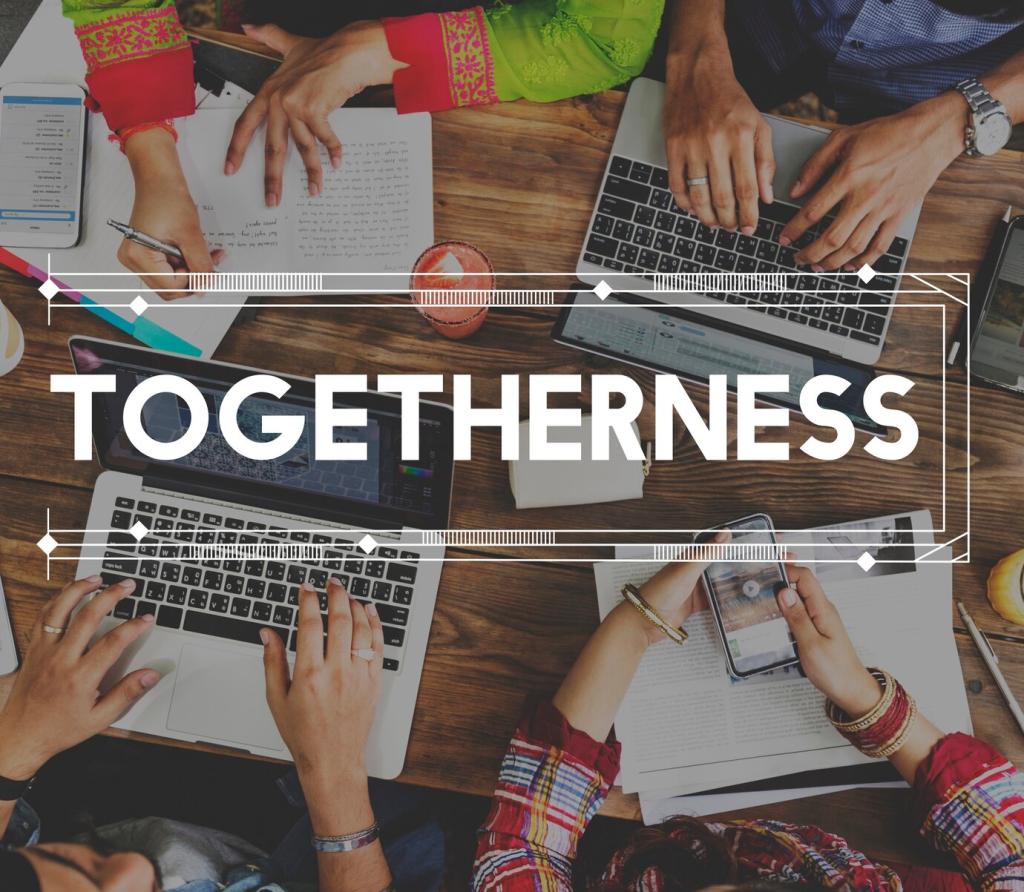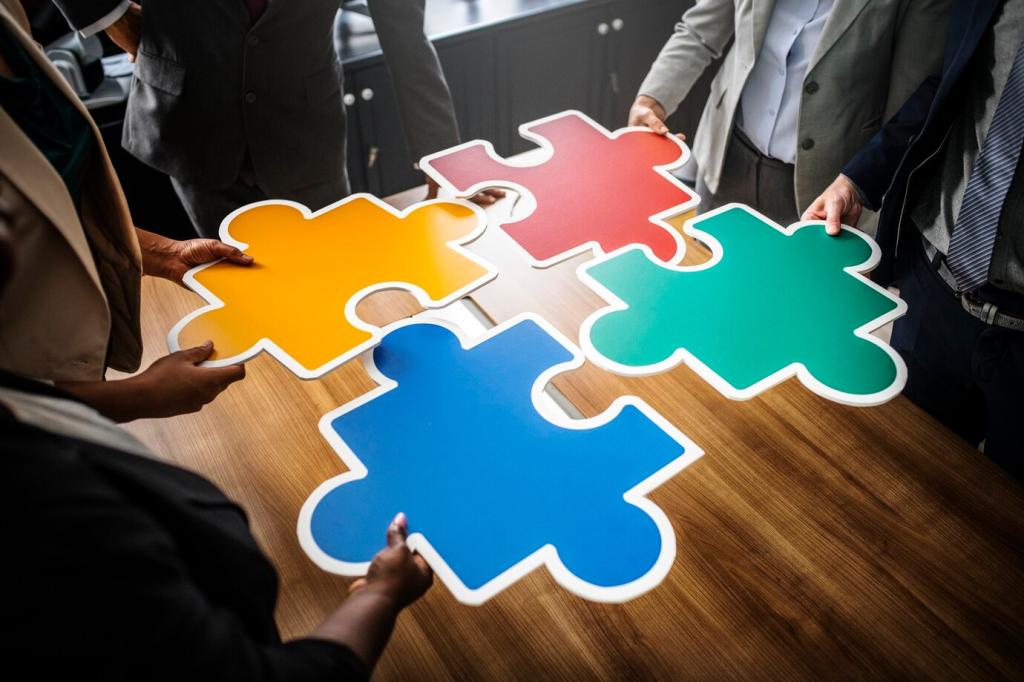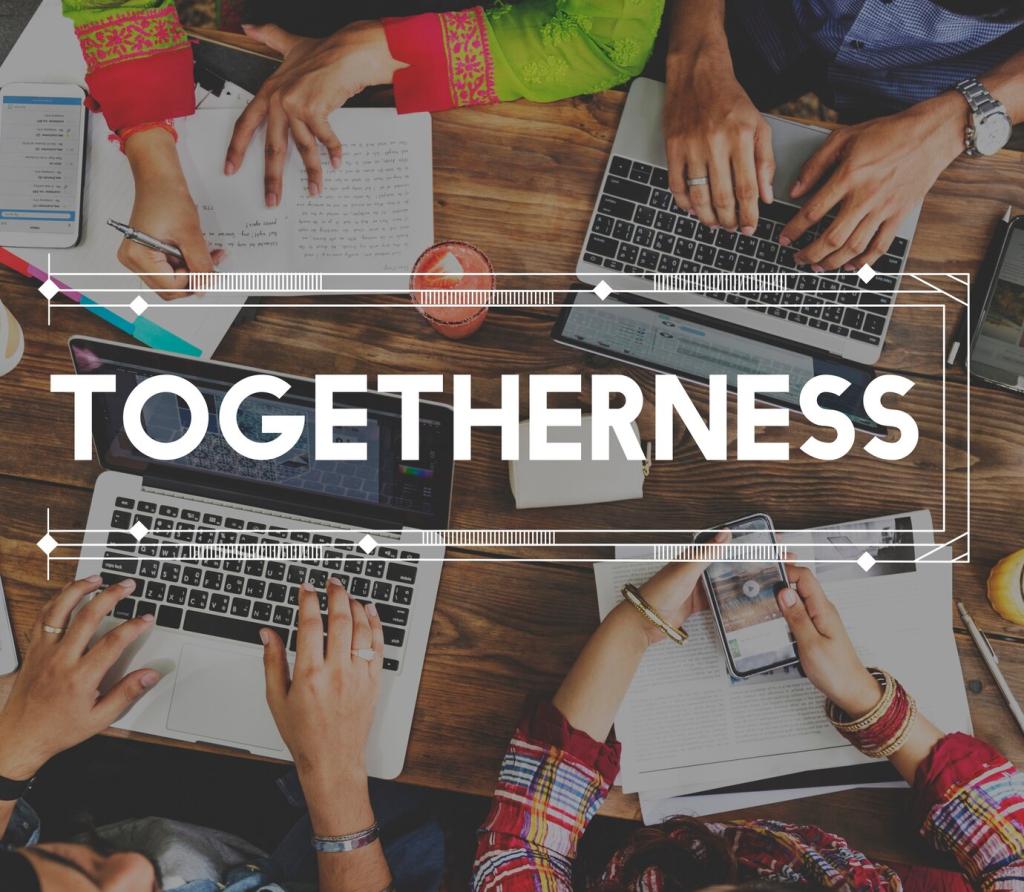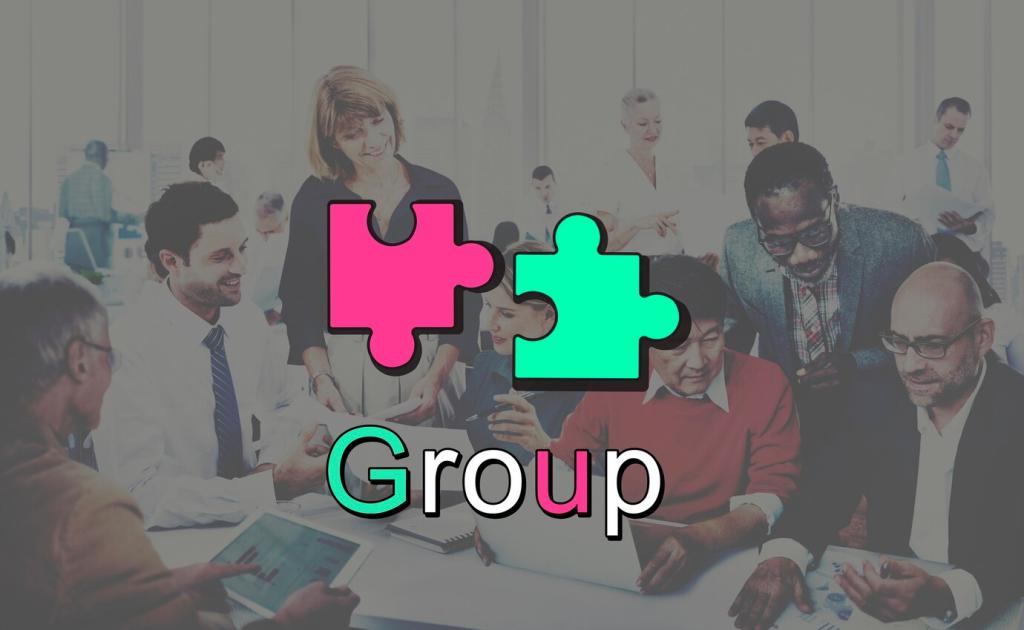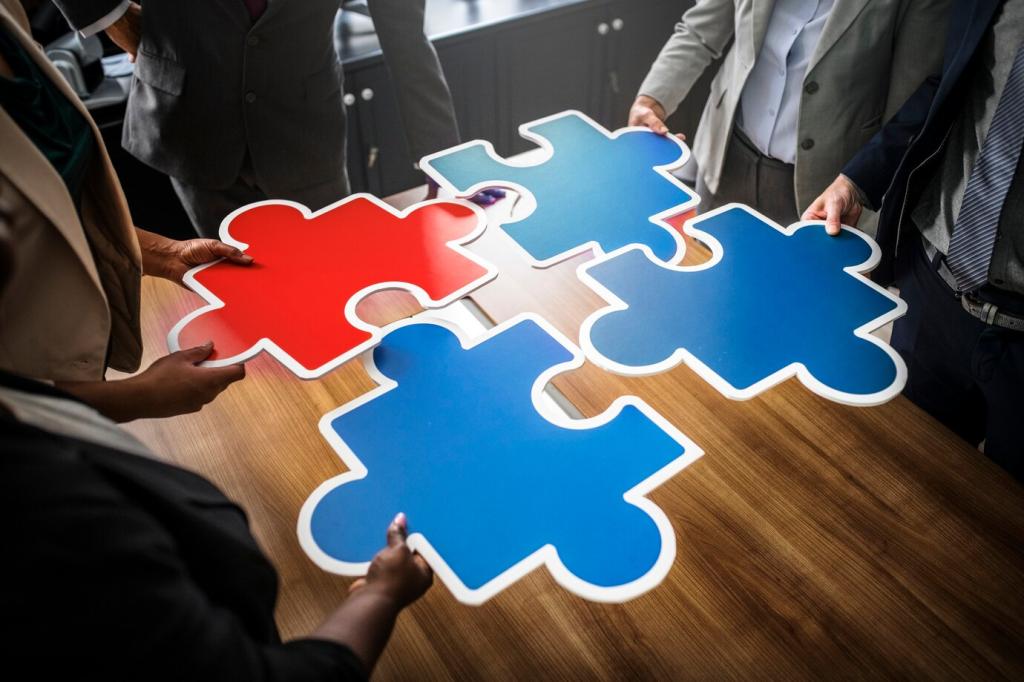Facilitator Playbook for Corporate Team Building Games
State purpose, boundaries, and success metrics in one minute. Then step back. Over-control kills discovery. Watch for energy, redistribute airtime, and keep stakes safe. Your role is gardener, not puppeteer: water curiosity, trim chaos, and trust teams to find their rhythm.
Facilitator Playbook for Corporate Team Building Games
Move from what happened, to why it mattered, to how we will behave differently. Use prompts: Where did we stall? Who unlocked movement? What ritual will we carry into our next sprint? Capture commitments publicly and revisit them two weeks later for accountability.

